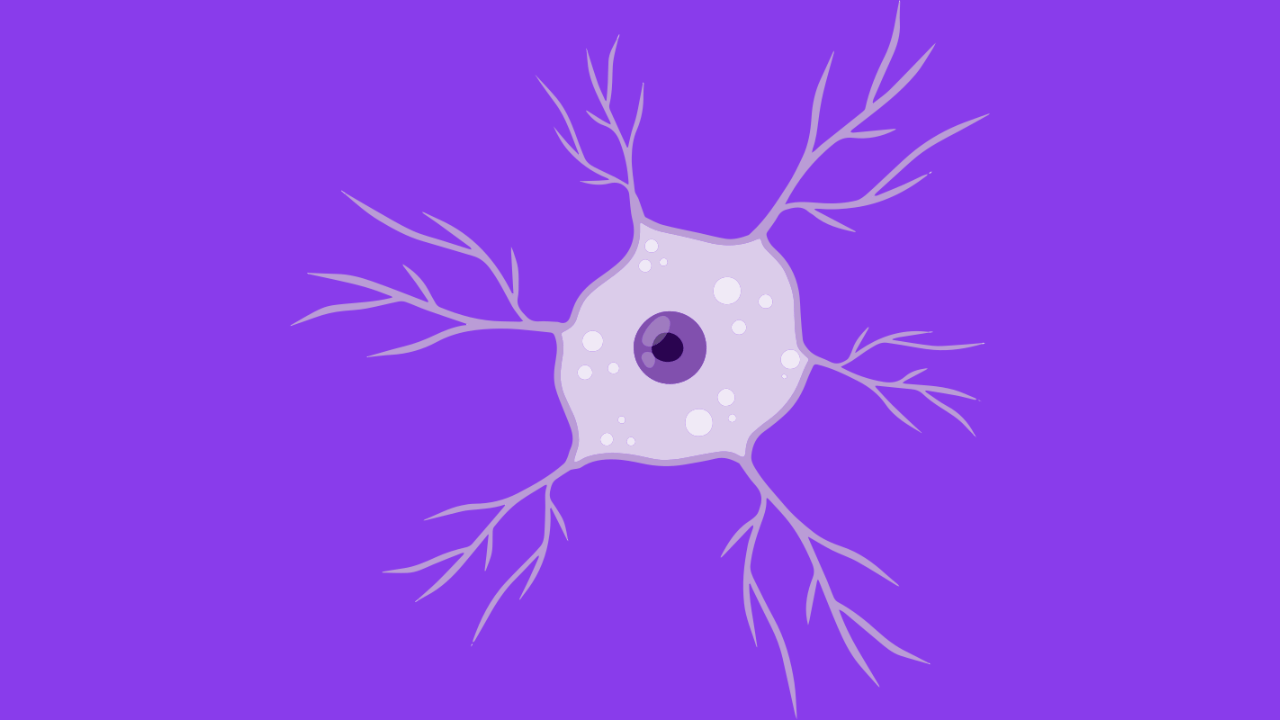Neurons are cells that are responsible for transmitting information throughout the nervous system. They do this by receiving, processing, and sending electrical and chemical signals to and from other cells in the body.
The basic structure of a neuron consists of a cell body, dendrites, and an axon. The cell body contains the nucleus and other organelles, and it is responsible for maintaining the overall health and function of the neuron. The dendrites are thin, branching extensions of the cell body that receive signals from other neurons. The axon is a long, thin extension that carries signals away from the cell body and transmits them to other cells.
When a neuron receives a signal, it generates an electrical current called an action potential. This action potential travels down the axon and is passed on to other cells through specialized structures called synapses. At the synapse, the action potential triggers the release of chemicals called neurotransmitters, which bind to receptors on the receiving cell and transmit the signal across the synapse.
Neurons are essential for transmitting information throughout the body and are involved in a wide range of functions, including sensation, movement, learning, and memory. They are also involved in controlling various bodily functions, such as heart rate, blood pressure, and digestion.







